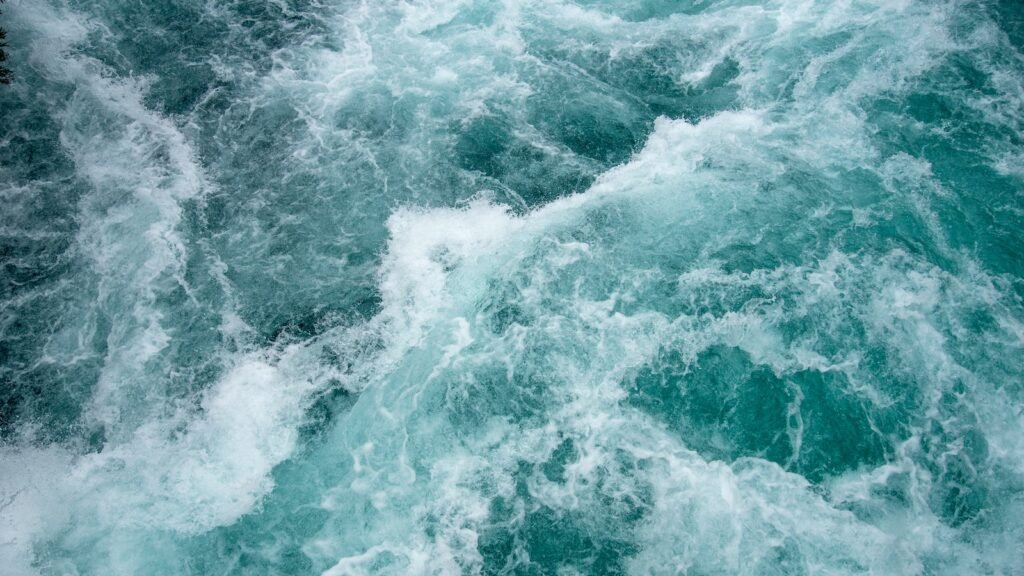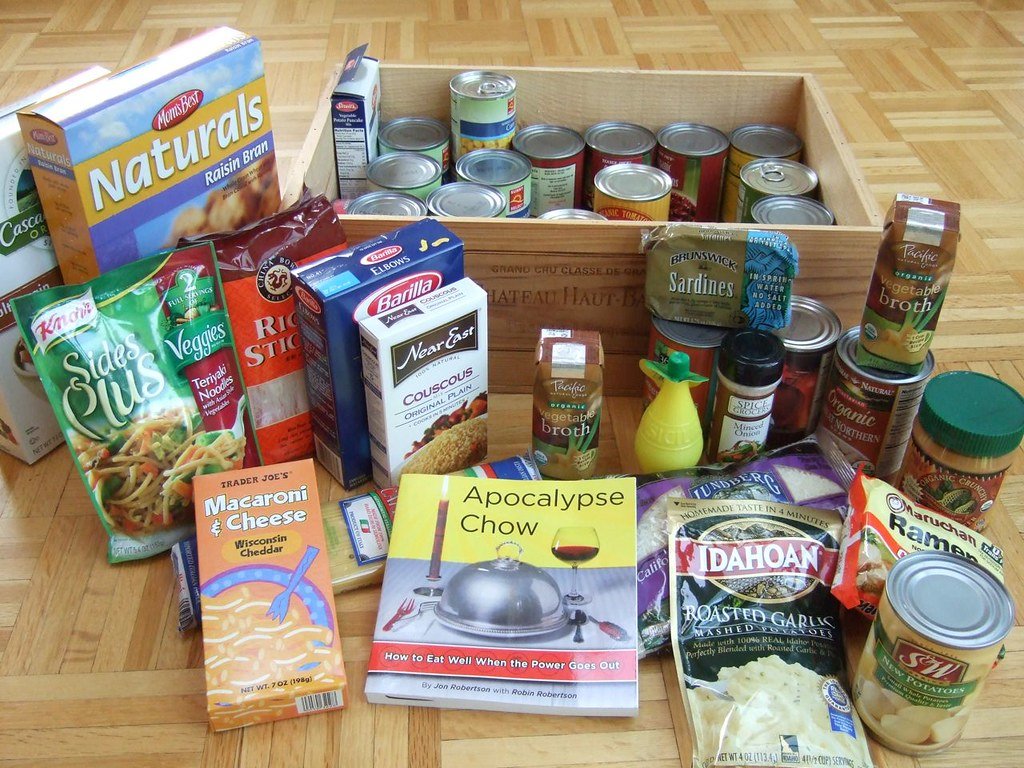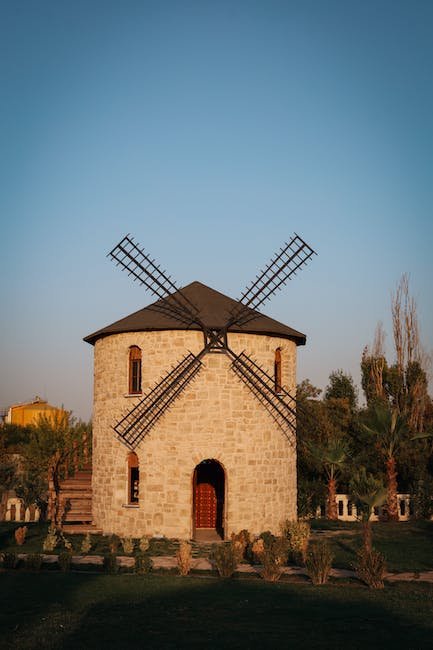Now Reading: The Best Water Filters for Emergency Preparedness
-
01
The Best Water Filters for Emergency Preparedness

The Best Water Filters for Emergency Preparedness
When the unexpected strikes, access to clean and safe drinking water becomes a top priority. Whether you find yourself surviving a natural disaster, embarking on a remote expedition, or simply preparing for a potential emergency situation, having the best water filters by your side is essential. These invaluable tools not only remove harmful bacteria and contaminants but also provide a sense of security, ensuring that you and your loved ones have access to life-sustaining hydration when it matters most. Join us on a journey through the realm of emergency preparedness as we dive into the world of cutting-edge water filters, exploring which ones truly stand out as the best in their class, ready to effortlessly safeguard your health and well-being in times of uncertainty.
Table of Contents
- Choosing the Right Water Filter for Emergency Preparedness
- Understanding the Different Types of Water Filters
- Factors to Consider when Selecting a Water Filter for Emergency Preparedness
- Top Recommendations for Water Filters for Emergency Preparedness
- Key Features to Look for in an Emergency Water Filter
- Q&A
- Wrapping Up
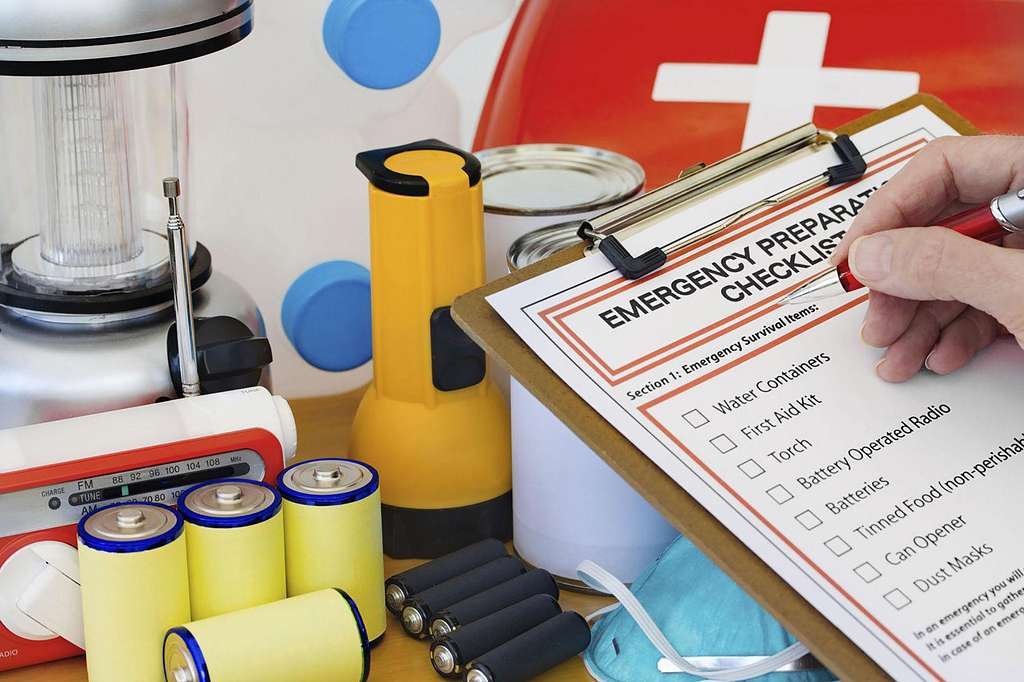
Choosing the Right Water Filter for Emergency Preparedness
When it comes to being prepared for emergencies, having access to clean drinking water is of utmost importance. In times of crisis, the availability of safe and potable water may be compromised, making it essential to have a reliable water filter on hand. From portable options for outdoor adventures to more robust systems for long-term use, here are a few factors to consider when selecting the right water filter for your emergency preparedness needs:
- Filtration Capacity: Look for a filter that can remove a wide range of contaminants, including bacteria, viruses, and chemicals. The filtration system should be capable of purifying water from various sources, such as rivers, lakes, and even questionable municipal supplies.
- Durability and Portability: Consider the durability of the water filter, as it may need to withstand harsh conditions during emergency situations. For evacuations or on-the-go use, opt for a lightweight and compact filter that can easily fit in your backpack or emergency kit.
- Longevity and Maintenance: Assess the filter’s lifespan and how often it needs maintenance or replacement parts. Ideally, choose a system that offers a reasonable filter life and easy maintenance, allowing you to rely on it for an extended period without frequent replacements.
- Flow Rate: The filter’s flow rate is crucial, especially in high-stress situations where immediate access to clean water is vital. Look for filters that offer a fast flow rate without compromising efficiency.
- Availability of Replacement Filters: Ensure that replacement filters are readily accessible and not overly expensive. It is essential to have a constant supply of replacement cartridges, so check the availability and affordability of these parts before making your final decision.
- Trusted Reviews and Certifications: Research and read trusted reviews about the water filter you are considering. Look for filters that are certified by reputable organizations, such as NSF International or the Water Quality Association, to ensure they meet rigorous quality standards.
Remember, emergencies can happen when you least expect them, so it’s crucial to be prepared. By choosing the right water filter for your emergency preparedness kit, you’ll have peace of mind knowing that you and your family will have clean water available during a crisis.
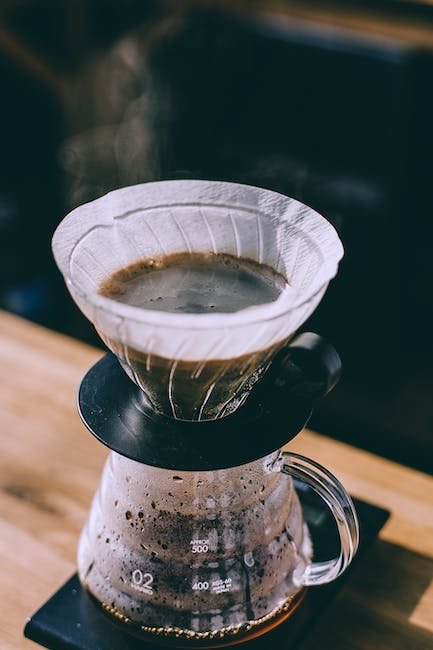
Understanding the Different Types of Water Filters
When it comes to ensuring the quality and safety of the water we consume, water filters are an invaluable tool. However, with so many options available on the market, it can be overwhelming to decide which one is best suited for you and your needs.
Here, we break down the different types of water filters to help you make an informed decision:
- Activated Carbon Filters: These filters use activated carbon, a highly porous form of carbon, to trap impurities and contaminants such as chlorine, volatile organic compounds (VOCs), and sediment. They are known for improving the taste and odor of water.
- Reverse Osmosis (RO) Filters: RO filters use a semi-permeable membrane to remove a wide range of impurities, including bacteria, viruses, heavy metals, and dissolved solids. This type of filter is highly effective but may result in lower water flow rates.
- Ultraviolet (UV) Filters: UV filters utilize UV light to disinfect water by killing harmful microorganisms like bacteria, viruses, and parasites. They are a popular choice for purifying water without using chemicals.
- Ceramic Filters: These filters use a ceramic material with microscopic pores to block contaminants, bacteria, and sediment. They are known for their long lifespan and effectiveness in removing harmful pathogens.
Remember, when choosing a water filter, it’s essential to consider factors such as the water quality in your area, your specific filtration needs, and maintenance requirements. With a wide range of options available, finding the right water filter can help ensure you and your loved ones have access to clean and safe drinking water.
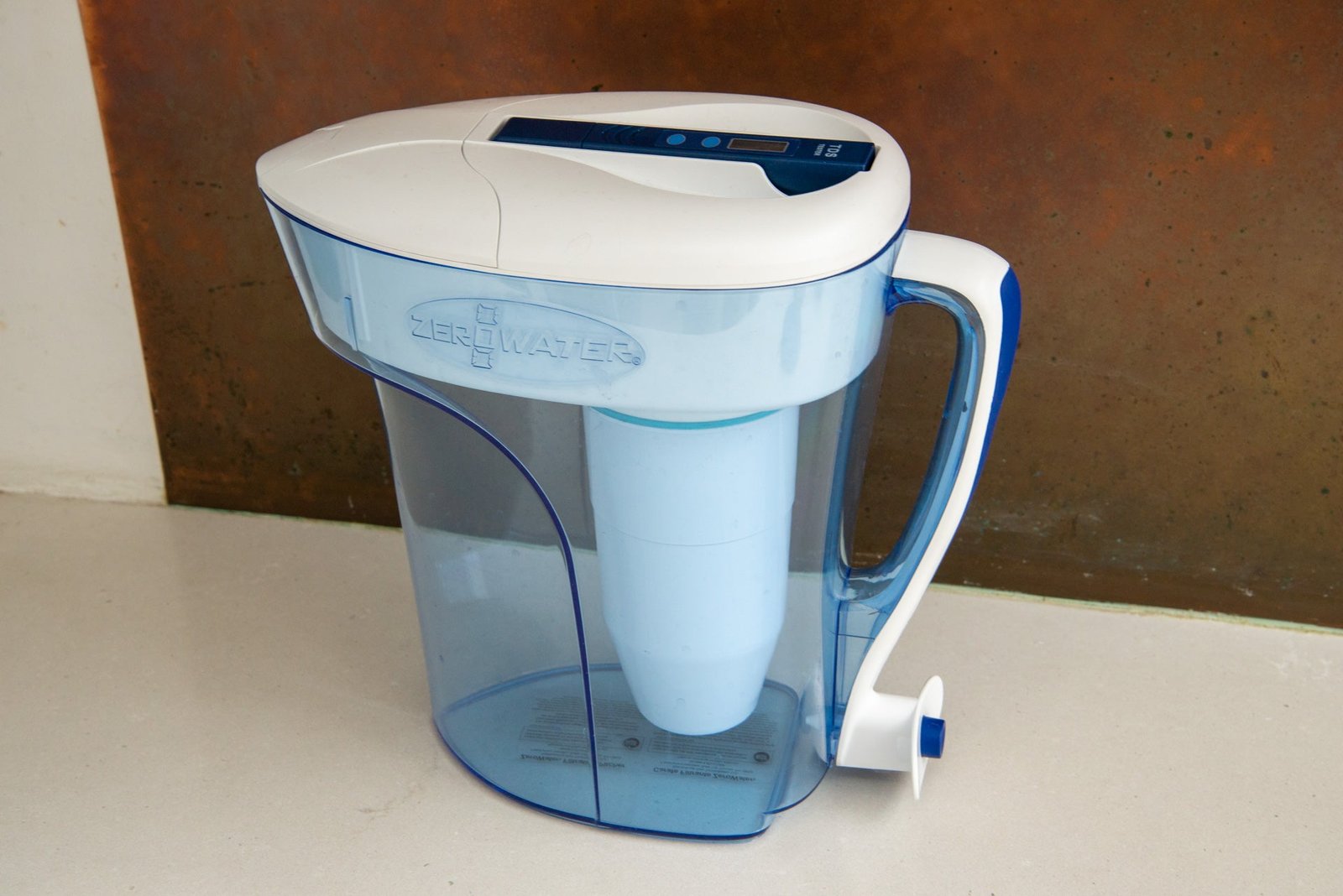
Factors to Consider when Selecting a Water Filter for Emergency Preparedness
When it comes to emergency preparedness, having access to clean, safe drinking water is of utmost importance. One of the essential tools for ensuring water safety in such situations is a reliable water filter. However, not all filters are created equal, and considering the following factors can help you make an informed decision:
- Water Source: Consider the potential sources of water in an emergency. Whether it’s a natural body of water, rainwater, or tap water, different filters may be more suitable for specific sources. Select a filter that can effectively remove contaminants commonly found in your water source.
- Portability: In an emergency, mobility is often crucial. Look for a water filter that is compact, lightweight, and convenient to carry. Portable filters are typically designed for easy transport, making them ideal for emergencies and situations on the move.
- Filtration Capacity: Assess the filtration capacity of different filters. Some filters can treat larger volumes of water, making them suitable for groups or extended periods of emergency situations. Others may have smaller capacities but offer superior filtration performance.
- Durability and Longevity: Ensure that the water filter you choose is built to last. Emergency preparedness requires equipment that can withstand challenging conditions, such as extreme temperatures or rough handling. Look for filters that are made from durable materials and have a long lifespan.
By considering these factors, you can select a water filter that will be your reliable companion during emergencies, providing clean, safe drinking water when you need it the most.
Top Recommendations for Water Filters for Emergency Preparedness
When it comes to preparing for emergencies, having access to clean and safe drinking water is crucial. Water filters can be a lifesaver during these uncertain times, as they help remove harmful contaminants and ensure the water you consume is safe for consumption. Here are some top recommendations for water filters that will keep you prepared for any emergency:
- LifeStraw Personal Water Filter: This compact and lightweight filter is perfect for on-the-go use. It can remove 99.9999% of waterborne bacteria and 99.9% of waterborne protozoan parasites, making it an excellent choice for outdoor adventures or emergencies.
- Berkey Water Filter Systems: Known for their exceptional purification capabilities, Berkey filters are a steadfast choice for emergency preparedness. These gravity-fed filters remove bacteria, viruses, chemicals, and other impurities, providing you with clean and great-tasting water.
- Sawyer PointOne Squeeze Water Filter System: If you’re looking for versatility, this filter system won’t disappoint. Its compact design allows you to squeeze water from various sources, including a plastic bottle, hydration bladder, or even directly from a water source. It effectively removes unwanted particles and bacteria, ensuring the water you drink is safe.
Remember, emergencies can happen unexpectedly, so it’s always wise to have a reliable water filter as part of your emergency preparedness kit. Investing in one of these top recommended filters will give you peace of mind, knowing that you can access clean and safe drinking water wherever you are.
Key Features to Look for in an Emergency Water Filter
In moments of emergency, having access to clean drinking water is crucial for survival. When searching for an effective emergency water filter, there are several key features to consider:
- Filtration System: Look for a filter that utilizes advanced filtration technology to remove harmful contaminants such as bacteria, parasites, viruses, and heavy metals. A multi-stage filtration system is ideal, ensuring the highest level of purification.
- Portability: During emergencies, mobility is often essential. Opt for a compact and lightweight water filter that can easily fit into your emergency kit or backpack. Portability allows you to have clean drinking water wherever you go.
- Durability: Emergencies can be unpredictable and may require prolonged use of the water filter. Choose a filter that is made from durable materials and capable of withstanding harsh conditions. Look for filters that are impact-resistant and have a long lifespan.
- Ease of Use: In high-stress situations, simplicity is key. Find a filter that is user-friendly and doesn’t require complicated assembly or maintenance. Look for features like a clear water reservoir and easy-to-operate pump or squeeze mechanism.
- Capacity: Consider the volume of water the filter can process per hour or day. Look for a filter with a sufficient capacity to meet the needs of yourself and your loved ones during an emergency.
- Compatibility: If you already have a water bottle or hydration pack, look for a filter that can easily connect to them. Compatibility ensures convenience and allows you to utilize existing containers for clean water storage.
These key features will help you find the ideal emergency water filter to ensure the safety and well-being of you and your family during critical situations. Stay prepared, stay hydrated!
Q&A
What is the best water filter for emergency preparedness?
The best water filter for emergency preparedness is subjective and depends on individual needs. However, some popular options include the Sawyer Products Mini Water Filtration System, LifeStraw Personal Water Filter, and Katadyn Hiker Pro Water Filter.
What factors should I consider when choosing a water filter for emergency preparedness?
When choosing a water filter for emergency preparedness, consider factors such as filtration efficiency, portability, ease of use, and long-term durability. Additionally, it is important to assess the filter’s capacity and maintenance requirements to ensure it meets your specific needs.
How can I determine the filtration efficiency of a water filter?
Water filter efficiency is typically measured by the filter’s micron rating. A lower micron rating indicates higher filtration efficiency, as smaller particles are captured. Look for water filters that have a micron rating of 0.2 or smaller for optimal filtration during emergencies.
Are all water filters portable for emergency situations?
Not all water filters are created equal in terms of portability. While some filters are specifically designed for lightweight and compact travel, others might be larger and more suitable for stationary emergency situations. Consider your mobility needs and storage capacity when selecting a water filter.
What is the lifespan of a water filter for emergency preparedness?
The lifespan of a water filter varies depending on its quality, usage, and maintenance. Some filters can handle several thousand liters of water before requiring replacement, while others may need more frequent cartridge changes. It is essential to read the manufacturer’s recommendations to ensure your filter’s longevity.
Can water filters remove viruses in emergency scenarios?
Most standard water filters do not remove viruses. To ensure effective virus removal during emergencies, consider using water filters that explicitly mention virus removal, such as those with an activated carbon or iodine component. Alternatively, using water treatment tablets or boiling water can help eliminate viruses.
What maintenance is required for water filters used in emergency preparedness?
Maintenance requirements vary depending on the water filter type. Some filters need regular backflushing or cleaning to ensure optimal flow rate and filtration. Others might require periodic replacement of filter cartridges. Carefully read the manufacturer’s instructions to understand and follow the recommended maintenance routine.
Are water filters the only option for emergency water purification?
Water filters are not the only option for emergency water purification. Boiling water for at least one minute effectively kills most microorganisms. Water treatment tablets or drops, ultraviolet (UV) light purifiers, and chemical disinfectants like chlorine or iodine can also be used for emergency water purification. These methods can be combined with or used as alternatives to water filters when necessary.
Wrapping Up
In times of uncertainty, preparedness becomes paramount, and having access to clean, safe water is a vital component of any emergency plan. We’ve traversed the vast waters of options and sifted through the depths of information to bring you the best water filters for emergency preparedness. From mountains to deserts, stormy nights to unpredictable disasters, these filtering champions stand tall, ready to quench your thirst for security and wellbeing.
As we wrap up our expedition into the realm of emergency water filtration, we hope you’ve found clarity and inspiration in our guide. Remember, our selection caters to a diverse array of scenarios and preferences, ensuring that everyone can find their perfect match. The serene simplicity of filtering water through portable straws, the reliability of gravity-fed behemoths, or the innovative technology of compact units; the possibilities are as infinite as the ocean itself.
Now armed with knowledge, you can sail forth confidently, fortified by the certainty that your water supply remains untarnished. But let us not forget the overarching truth: above all gadgets and gizmos, it is our will to be prepared that ensures our survival. So, take a sip from the cup of readiness, and raise a toast to your own resilience.
When the storm clouds gather, or the earth trembles beneath your feet, you will be able to look beyond the uncertainties, knowing that your water filter is your steadfast companion, always poised to convert murky doubts into crystal-clear assurance. Adaptability, strength, and unwavering trust – these are the pillars upon which our recommended water filters stand, ready and waiting to accompany you on your journey towards a secure and prepared future.
With unwavering faith in your ability to navigate the uncharted waters of the unknown, we bid you farewell. May your days be filled with peace, and your reservoirs brimming with the purest of waters.
As an affiliate, my content may feature links to products I personally use and recommend. By taking action, like subscribing or making a purchase, you’ll be supporting my work and fueling my taco cravings at the same time. Win-win, right?
Want to read more? Check out our Affiliate Disclosure page.


